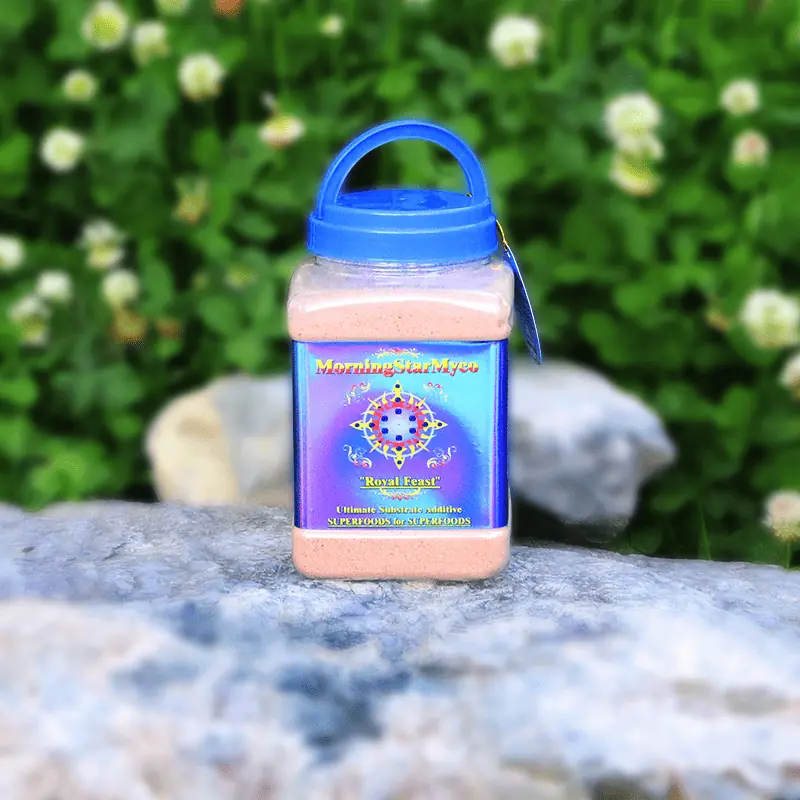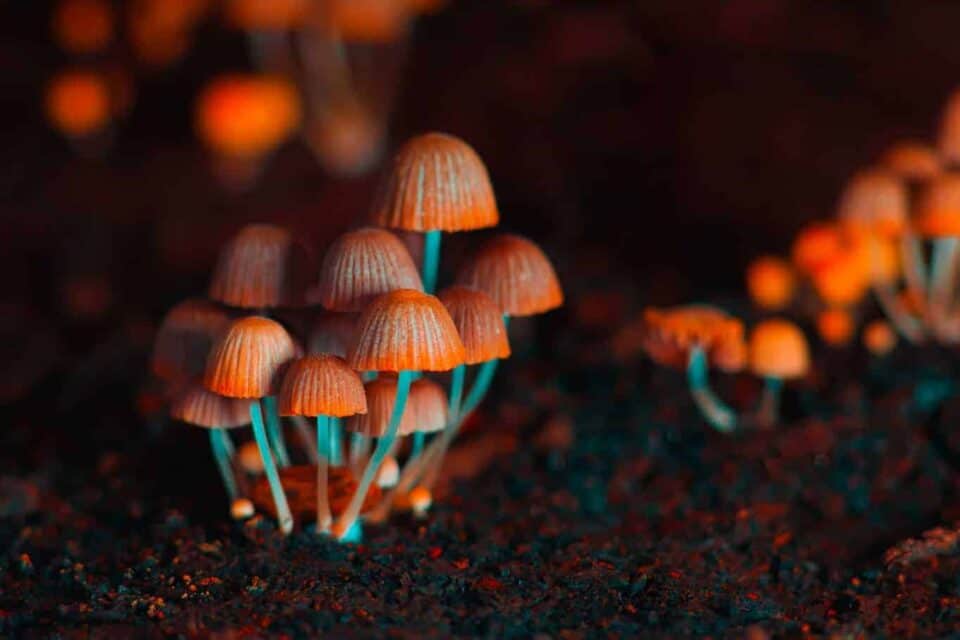No products in the cart.

Want access to discounts? Join our newsletter for exclusive discounts and be the first to know when new products hit the store!

Psilocybin mushrooms, commonly known as magic mushrooms, have been captivating human imagination and consciousness for thousands of years. These fungi have a long history of being used in spiritual and healing practices by various cultures across the globe. In recent years, they have gained renewed interest for their potential therapeutic effects, particularly in the context of mental health. This blog post delves into the world of psilocybin mushrooms, exploring their history, effects, therapeutic potential, and the ongoing research surrounding these enigmatic fungi.
Psilocybin mushrooms have a rich historical legacy. Archaeological evidence suggests that humans have used these fungi in spiritual rituals dating back thousands of years. From the indigenous tribes of the Americas to ancient cultures in Africa and Asia, psilocybin mushrooms have held a sacred place in ceremonies, divination practices, and shamanic rituals. The mushrooms’ active compound, psilocybin, was first isolated and identified in the mid-20th century, leading to increased interest in understanding their effects and potential uses.
Psilocybin, the primary psychoactive compound in magic mushrooms, is structurally similar to serotonin, a neurotransmitter that plays a crucial role in regulating mood, cognition, and perception. When ingested, psilocybin is converted to psilocin, which binds to serotonin receptors in the brain, leading to alterations in consciousness and perception. These psychedelic experiences can vary widely, ranging from enhanced sensory perception to profound insights and altered sense of self.
In recent years, there has been a resurgence of interest in using psilocybin for therapeutic purposes, particularly in the treatment of mental health conditions such as depression, anxiety, and post-traumatic stress disorder (PTSD). Studies have shown promising results in treating treatment-resistant depression and easing anxiety in terminal illness patients. Research also indicates that psilocybin-assisted therapy can help individuals with PTSD find relief and gain insights into their trauma. These findings have ignited enthusiasm among mental health professionals and researchers, leading to a reevaluation of psilocybin’s therapeutic potential.
The stigma surrounding psychedelic substances hindered scientific research for several decades. However, in recent years, attitudes towards psychedelics have started to shift, paving the way for a renaissance of psychedelic research. Renowned institutions and research centers are conducting studies to explore psilocybin’s safety, efficacy, and potential mechanisms of action. The FDA-approved clinical trials are providing valuable insights into psilocybin-assisted therapy and its potential benefits.
The effects of psilocybin are highly sensitive to the individual’s mindset and the environment in which they consume the mushrooms. Set and setting play a crucial role in shaping the psychedelic experience. Set refers to the individual’s mental state, beliefs, and intentions, while setting encompasses the physical and social environment in which the experience takes place. A supportive and safe environment, along with proper preparation and guidance, are essential elements for a beneficial and transformative psilocybin experience.
Psilocybin mushrooms are classified as Schedule I substances in many countries, including the United States. As such, their possession, distribution, and consumption are considered illegal. However, there is growing recognition of the potential benefits of psilocybin, leading to changes in legislation in some regions. For example, in several U.S. states and countries, there are ongoing efforts to decriminalize or legalize psilocybin for medicinal or therapeutic purposes. Nevertheless, it is essential to acknowledge the potential risks and to approach the use of psilocybin with caution and respect.
Beyond its therapeutic potential, psilocybin is also being explored for its role in enhancing creativity, promoting introspection, and facilitating personal growth. Many users report profound experiences that lead to a greater understanding of themselves and the world around them. Some even describe these experiences as mystical or spiritual, transcending the boundaries of ordinary consciousness.
The future of psilocybin remains both exciting and uncertain. As research continues to shed light on the therapeutic benefits of these magic mushrooms, attitudes towards their use are evolving. The potential for psilocybin-assisted therapies to address mental health challenges could offer new hope to millions of people worldwide. However, it is essential to approach this emerging field with rigorous scientific inquiry, ethical considerations, and responsible use practices.
Psilocybin mushrooms have fascinated humans for millennia, weaving a tapestry of spiritual and healing practices throughout history. In the modern era, the scientific exploration of these fungi is unveiling their potential to address mental health challenges and transform therapeutic practices. As research continues and attitudes evolve, psilocybin mushrooms may play a pivotal role in reshaping mental health care and fostering a deeper understanding of the human psyche.